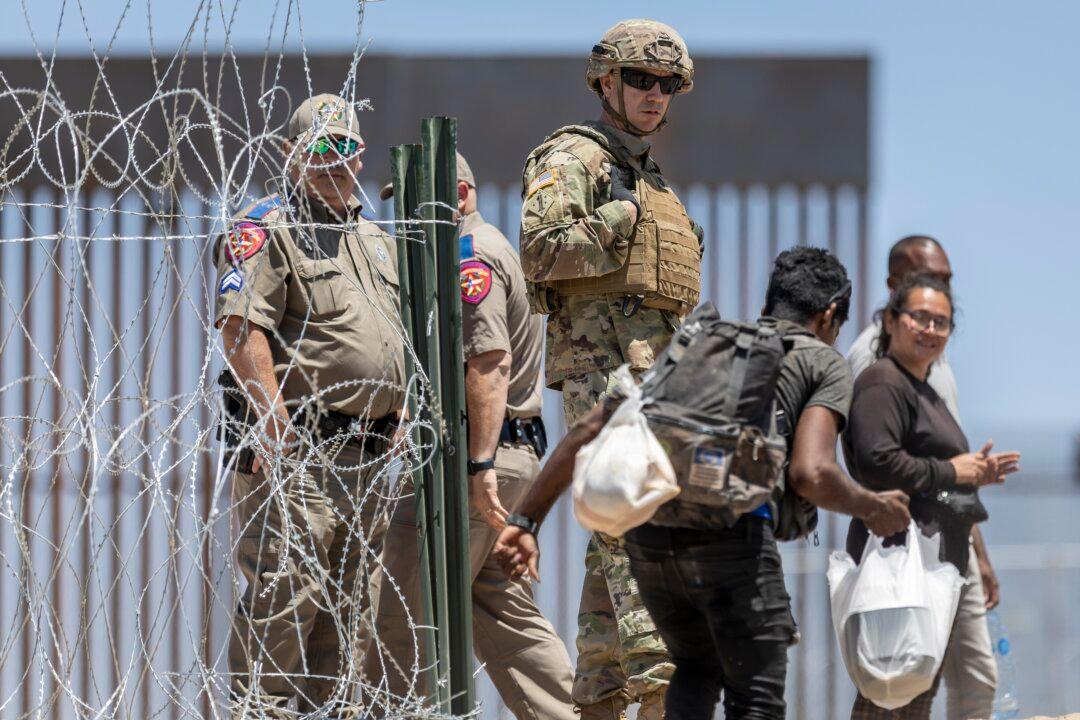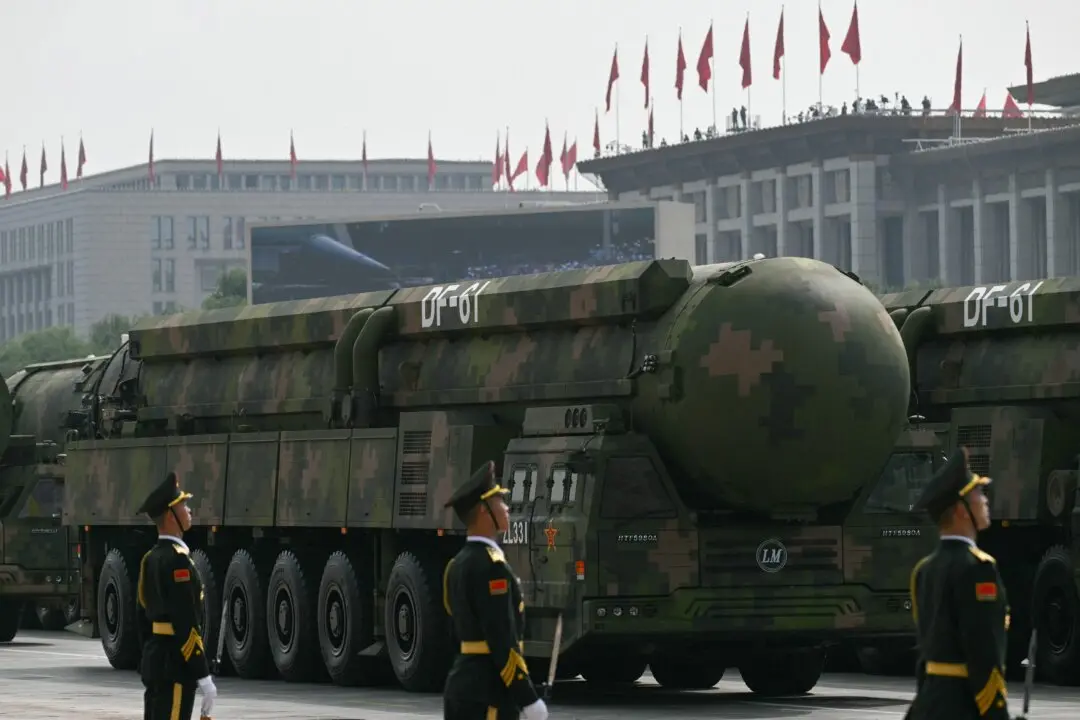Biden administration officials proceeded to release more than 2,700 illegal immigrants into the United States through a special parole policy mere hours after a federal court ordered a pause to the practice.
The state of Florida sued the Biden administration last week in a challenge to the administration’s parole program, which allowed border officials to release illegal immigrants into the United States without a set court date. The rule is known as the “Policy on Parole with Conditions in Limited Circumstances Prior to the Issuance of a Charging Document,“ or ”Parole with Conditions.”





